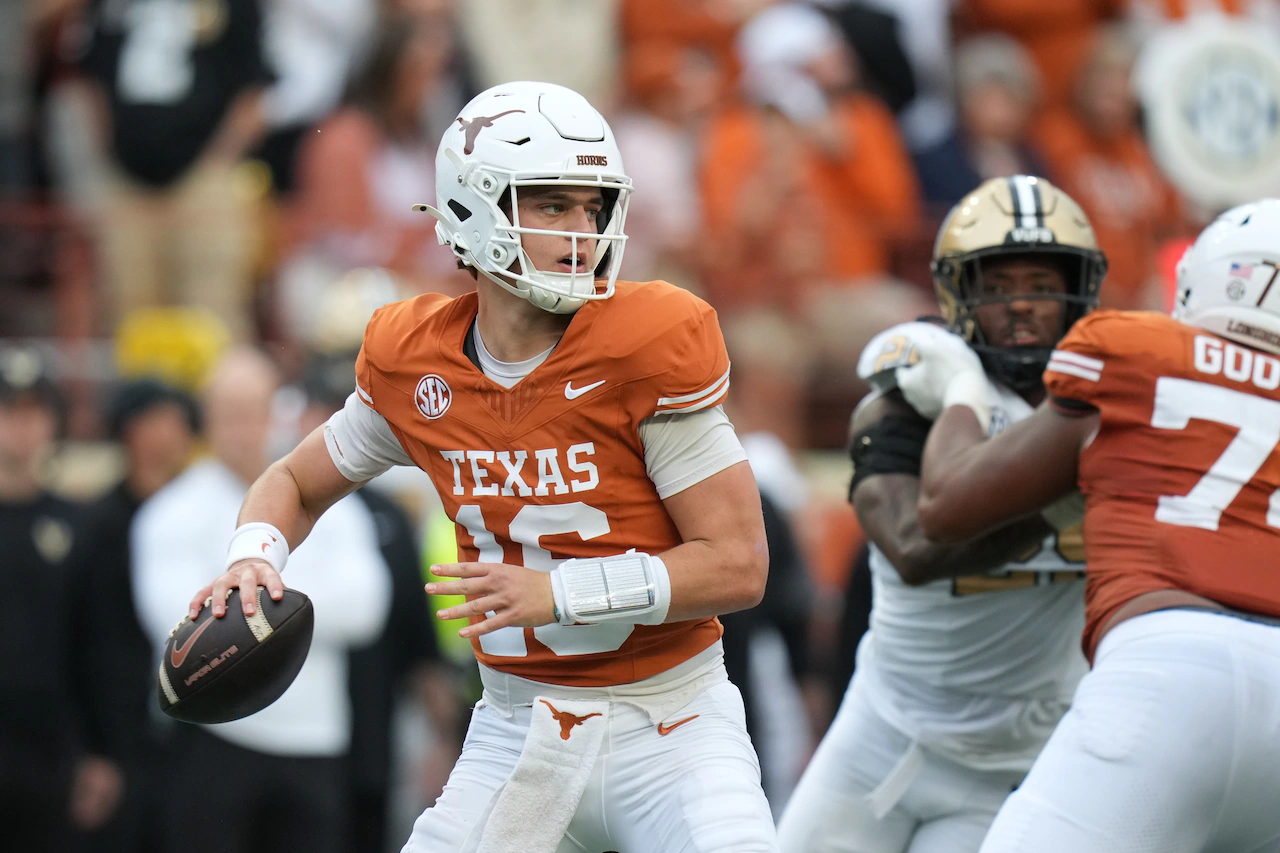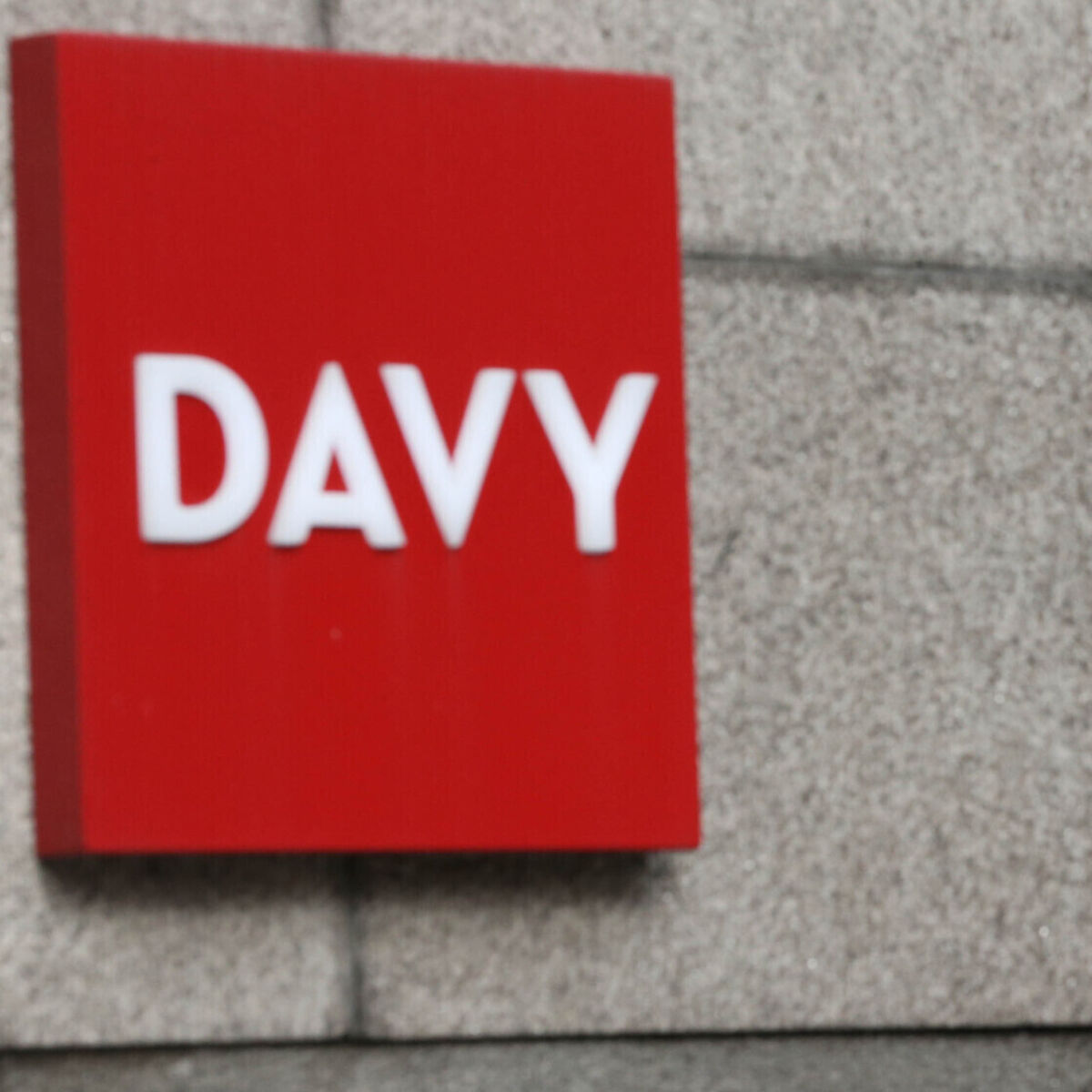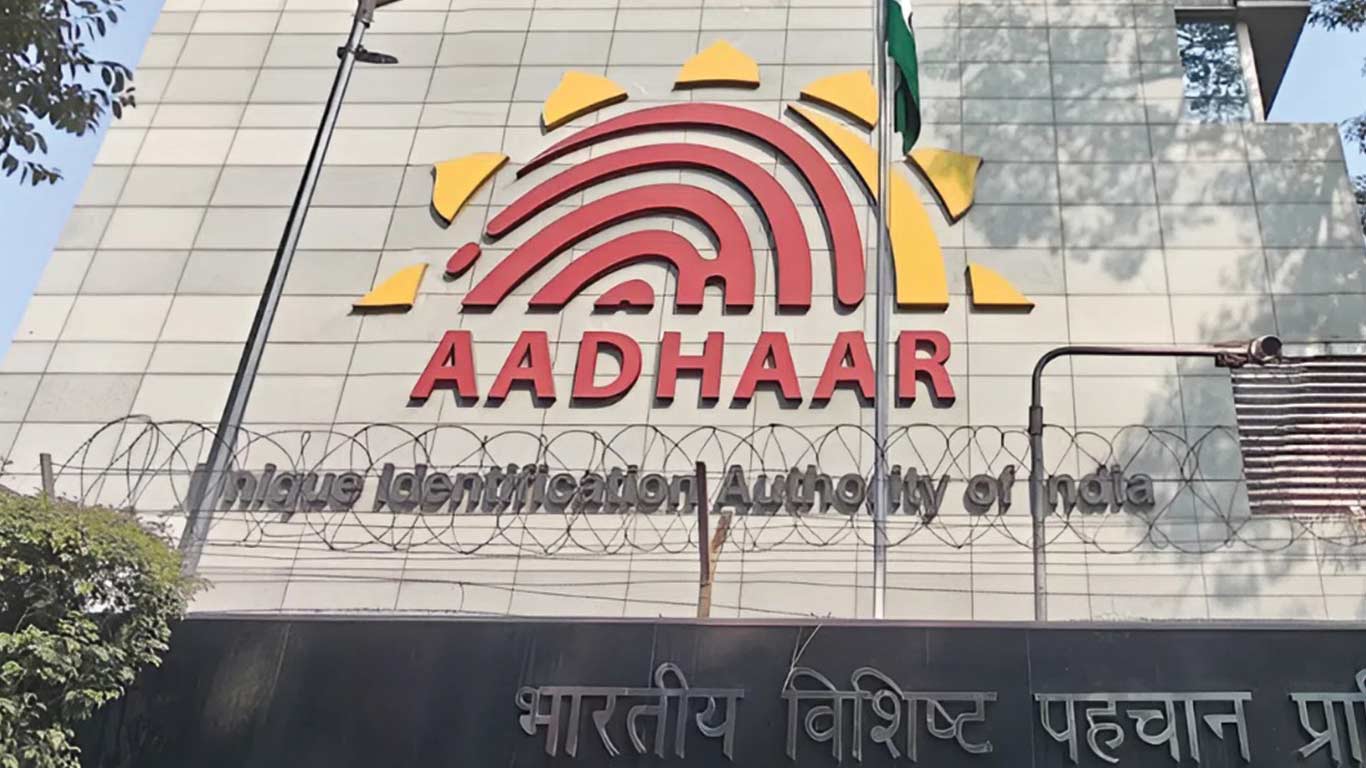Copyright cleveland.com

CLEVELAND, Ohio — With players securing multi-million dollar NIL deals, Shannon Sharpe and Chad Johnson explain why the grace period is over and college athletes are now judged by professional standards College football has undergone a seismic shift. The introduction of Name, Image, and Likeness (NIL) deals hasn’t just changed players’ bank accounts, it’s fundamentally altered the way we judge their performance. Gone are the days when a struggling 18-year-old freshman could be excused as “just a kid still learning.” Today’s reality? If you’re paid like a professional, you’ll be judged like one too. On the latest episode of Nightcap, Shannon Sharpe and Chad “Ochocinco” Johnson dive into this new paradigm, explaining why the tenor of college football conversations has dramatically shifted. “If you notice, the tenor and the tone have changed because now you do get paid like professionals. And we expect a certain level,” Sharpe explained. “Presidents and universities, they treat them different. ‘Bro, we paying you 50 million. We’re paying this guy. We got another 10, 15, 20 million tied up in this roster.’ Oh, no. It ain’t no more, oh, these are kids. Oh, you know, we going to take some time. No, it ain’t going to take no time. You got to get this done.” The conversation was sparked during a discussion about Carson Beck’s struggles at Miami, but it represents a broader truth about today’s college football landscape. When a player is securing millions in endorsements and deals, fans and coaches alike expect immediate returns on that investment. Ochocinco put it bluntly when addressing the common refrain that we shouldn’t be too hard on young athletes. “But he only 18,” Ochocinco exclaimed, referring to the common narrative that has long surrounded college athletes. “Well, he get money like he 28.” This new reality applies beyond just the star players with headline-grabbing deals. The entire ecosystem of college football has been recalibrated around these financial arrangements. Shannon Sharpe explained how this has elevated expectations for everyone involved in the program. “We have a different level of expectation now with our college athletes after they’ve started getting paid,” Sharpe said. “We don’t judge all of them like this, but the coaches we hold even higher because of the money that they’re getting paid, because they’re upgrading the amenities, because they’re doing everything.” The days of patience are a thing of the past. From state-of-the-art training facilities to comprehensive nutrition programs and recovery technology universities have invested heavily in creating professional-level environments for their players. “I mean, you got these guys. I mean, whatever you need. Protein shakes,” Sharpe said. “Soon as you come off the field, they got protein shakes. You got this much protein, this much carbohydrates, this much fat.” With these investments come heightened expectations for immediate success. College players are no longer developing talents to be nurtured. They’re paid assets expected to perform. This fundamental shift has changed how we talk about college athletes, how we evaluate their performance, and ultimately, how programs are run. The grace period is over. In today’s NIL-fueled college football landscape, you’re not just playing for your school and your future. You’re playing to justify the investment already made in you. The pressure has never been higher, and the margin for error has never been smaller.



